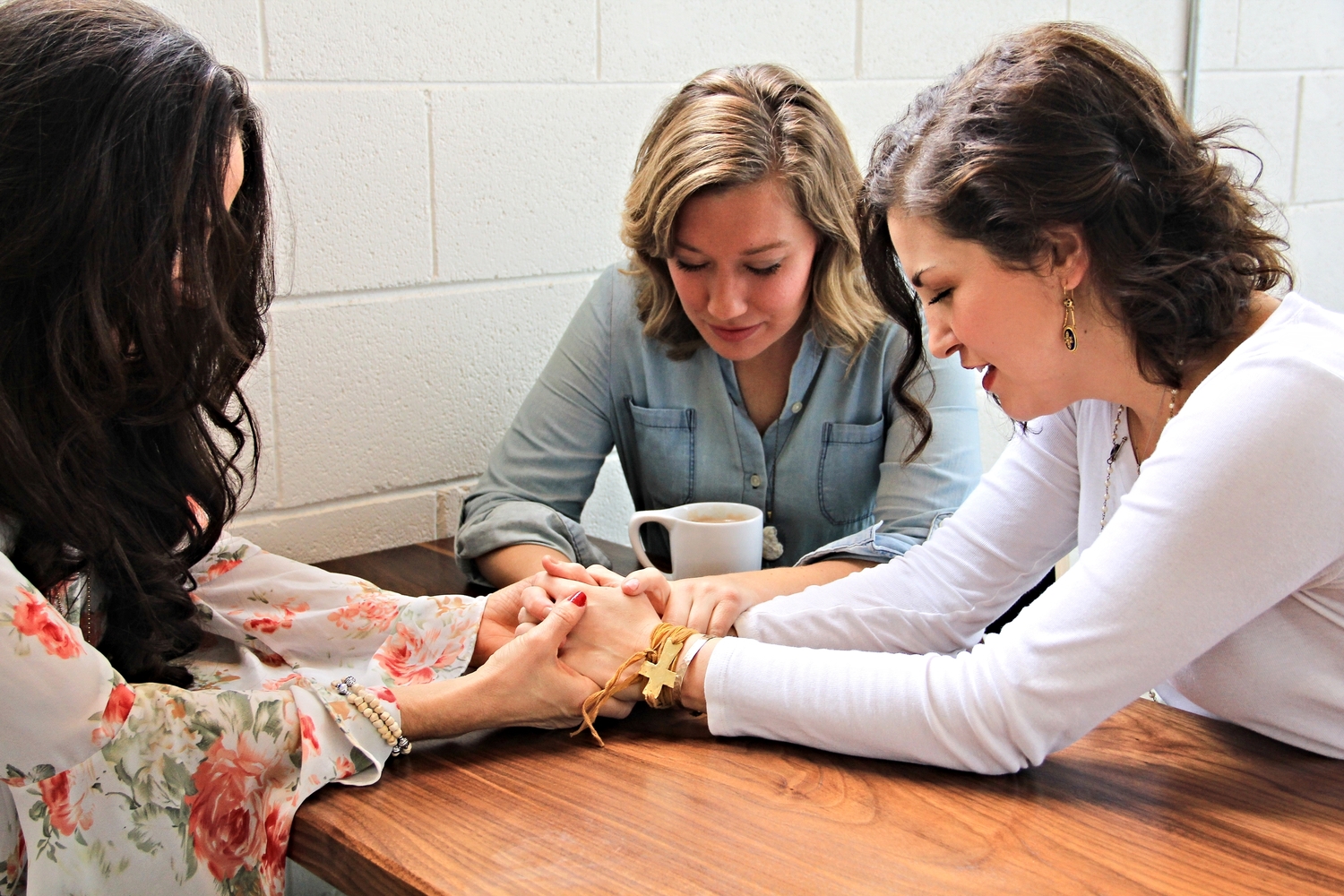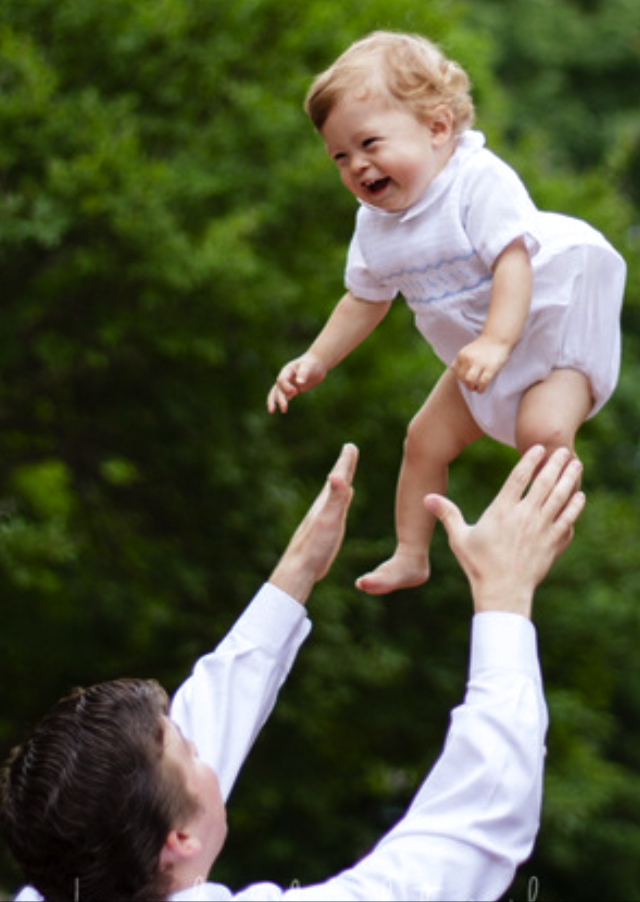
At the risk of sounding like a doting mother (okay, I'm guilty:), it is with great joy that I share with you the exciting news of the launch of a new Catholic singing trio, His Own, who just released their first song, Nothing Can Separate Us, last week. You can listen to it here.
The group consists of Kara Klein, Maria Spears and Christine Simpson, three close friends with years of musical experience between them who prayerfully decided to come together to share their love for Jesus, passion for music and desire to proclaim the joy of the feminine heart. Their motive? As they share on their website at behisown.com:
In a world where women are exploited, misused, and misguided, we desire that our music and ministry will inspire women to come before the Lord as they are, to encounter His unique love for them, and to be reminded of the eternal measure of their feminine dignity and worth.
It all began when Kara moved to Nashville over a year ago and struck up a friendship with these two beautiful women (both inside and out), Maria and Christine:

Besides laughing a lot, the friends started praying, singing, and writing songs together and before long, they realized the Holy Spirit was calling them to join forces to minister to women, specifically concerning the challenges around faith and femininity they had personally navigated. The result? Well, just watch the music video of their song, It's You, to experience the beautiful anointing that this little band of God's precious daughters has on their voices and message.

Finding a holy friend and sister-in-Christ is a true blessing...but finding TWO? I can hardly wait to see what the Lord has in store for this dynamic group of women worshippers.
Check His Own out and enjoy! See why it's all about that grace, about that grace, no devil. (This is a personal favorite of mine.) And if you feel so moved, bring them your parish to visit.
Meanwhile, may the Lord bless you and yours this Fourth of July, and may God shed his grace and light upon America.












